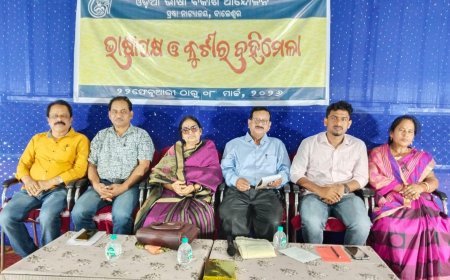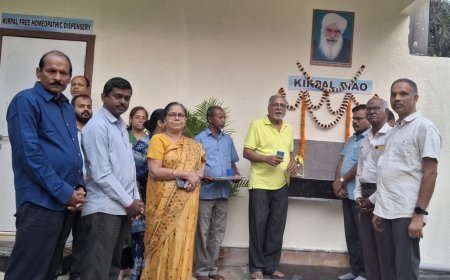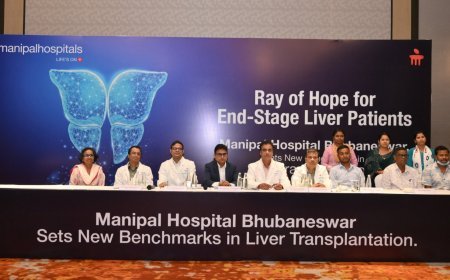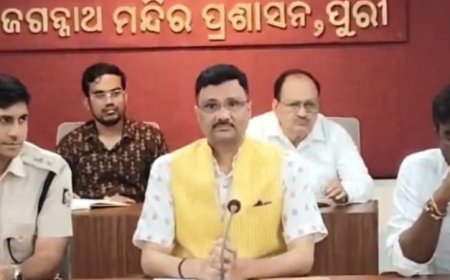Climate change to aggravate agrarian distress: Urgent need to scale up farmer-centric, landscape-based agroecology transition, say experts

Bhubaneswar (27/11/2024): The Consortium for Agroecological Transformation (CAT) Organized Convening of its Eastern India Chapter, November 26-27, 2024, in Bhubaneswar, Odisha.
This Convening is part of a series of convenings that CAT is organizing across the country to build the case for scaling up farmer-centric, landscape-based agroecology transition. More than 70 participants from diverse backgrounds across states like Odisha, West Bengal, Jharkhand, and Bihar gathered to discuss pressing challenges such as climate change, food and nutritional insecurity, farmers' livelihood, biodiversity loss, and natural resource degradation.
Participants included agroecology practitioners, civil society leaders, NGOs, think tanks, donors, Central and State government officials. “We are open to new ideas.
The proposed agroecology model is a new jargon.
It will be good to have more clarity and conviction from civil society before bringing it to the field” says Nikhil Pavan Kalyan, Director, Horticulture Department, Odisha government. “CAT is a collaborative platform that brings together diverse stakeholders across the agricultural value chain in India.
CAT aims to transition 30 percent (~40 million) of farmer households, covering approximately 40 million hectares, to agroecology over the next 10 years in India” says Minhaj Ameen from the Bharat Agroecology Fund. Jagat Singh, Regional Director, Regional Centre of Organic and Natural Farming, Ministry of Agriculture and Farmers Welfare, Government of India, stated, “Government has taken several steps to promote organic and natural farming-related work.
We are open to new ideas, and to work together”. “The time has come to saturate agroecology in a large area.
The landscape approach in select block can create these live ecosystem-level models.
Government will need to have a different policy regime in these areas.” says Shirish Joshi, an independent expert. Sabarmatee Tiki, organic farmer and Padma Shri awardee gave the slogan – “Samaste Bhala khaiba, samastanku bhala khuaiba, Jahar nehin khayenge, jahar nehin khilayenge”. “To ensure the societal support for landscape-based transition, consumer collectives should be established.
These consumer collectives can then engage with producer organisations and facilitate direct market linkages for agroecological transition” says Dinesh Balam, WASSAN. “Integrated natural resources management and agroecological practices in a landscape will address issues of food security and economic empowerment of women.” says Surjit Behera, PRADAN. To begin with, CAT is planning to establish three landscapes for agroecological transformation models in different parts of country.
This will involve strengthening farmer-centric, landscape-based approaches, where all ecosystem-level support services and agencies necessary for agroecological transformation are scaled up.
These efforts will be sustained for at least ten years through CAT’s collaboration with diverse stakeholders and the mobilization of requisite resources.











































